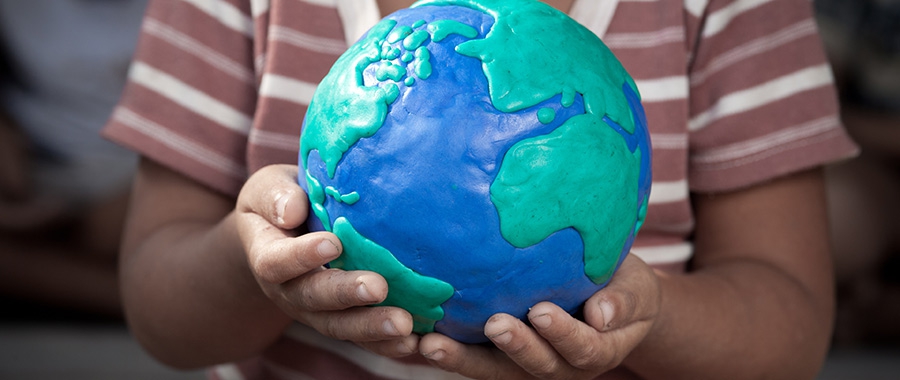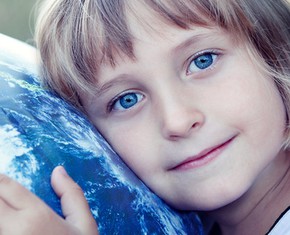The views expressed in our content reflect individual perspectives and do not represent the authoritative views of the Baha'i Faith.
Walking through an arboretum, I saw a youth toss a plastic water bottle into the bush. I picked it up, ran to him, and asked him to reconsider what he had done.
I told him that when I see people litter, I can almost hear Mother Earth crying out in pain from the assault. He stared at me, probably thinking “What a weird lady,” and reluctantly put the bottle back in his daypack.
I hope he later thinks about this brief encounter and changes his attitude toward littering and about his responsibility to the planet. At the very least, I rescued a water bottle; and at the most I may have influenced change in one person. That’s where it all begins, with one person—each person—doing what we can.
We know about the interdependency among all people, and most of us understand that we have a similar relationship with our planet. It depends on us as we depend on it; it feeds us as we feed it; it nurtures us as we nurture it. The outer physical world will become healthier when we ourselves become healthier, both physically and emotionally; and the reverse is true, too.
Like the connection between each of us individual human beings and the Earth that sustains us, we all have a spiritual connection to our Creator. This connection between ourselves and our Creator can be found in all the major religions and many other unaffiliated bodies of thought.
The Baha’i International Community emphasized this point in the following passage:
… the grandeur and diversity of the natural world are purposeful reflections of the majesty and bounty of God … there follows an implicit understanding that nature is to be respected and protected, as a divine trust for which we are answerable. – The Baha’i International Community, The Baha’i Statement on Nature, October 1987.
Given the broad recognition of our relationship and responsibility for stewardship of the natural environment, what’s stopping us from taking better care of our planet?
Well, I’m sure there are many reasons, but we can readily see that disunity makes a major contribution to the world’s environmental problems. What is more wasteful and damaging than war? Can we stop financially-driven overharvesting of the world’s rain forests? What can we do about politically-motivated practices for waste removal and water treatment? How can we contribute to reducing the use of fossil fuels?
Another factor is materialism—overpackaging, the gross accumulation of things, and rapidly passing fashion trends lead us into the so-called “supersizing” of just about everything.
Admittedly, sometimes it does seem hopeless, even depressing. The planet is in such a mess, what can one person possibly do? It’s tempting to conclude that the pace of deterioration is faster than the rate of recovery. My optimism is restored through words such as these by the Universal House of Justice:
“Unity of thought in world undertakings”, a concept for which the most idealistic aspirations at the opening of the twentieth century lacked even reference points, is also in large measure everywhere apparent in vast programmes of social and economic development, humanitarian aid and concern for protection of the environment of the planet and its oceans. – Century of Light, p. 128.
If you look carefully, you’ll see that “unity of thought” is becoming more and more apparent all around the world. In global treaties, in joint international undertakings, in the rapid development of worldwide non-governmental organizations, and in the ongoing shrinking of the planet’s nations into a neighborhood, the Baha’i teachings say, humanity is beginning to recognize its interdependence, its commonalities, and its essential oneness:
Oneness of the world of humanity ensures the glorification of man. International peace is the assurance of the welfare of all humankind. There are no greater motives and purposes in the human soul. – Abdu’l-Baha, The Promulgation of Universal Peace, p. 157.
If I believe that we humans have a future, then I must also believe that the planet will survive and even recover from its present damaged state. I am encouraged by this idea, inspired to keep trying. I can’t single-handedly save the planet, but my actions do matter. Beyond developing environmentally-sound habits on my own, I can support conservation and cleanup efforts. I can speak up in situations like I did in the arboretum. I can encourage others to do the same, having confidence in the impact we can have on each other and how this will help planet Earth.
















Comments
Sign in or create an account
Continue with Googleor